搜索结果: 'methocult media formulations for human hematopoietic cells serum containing'
-
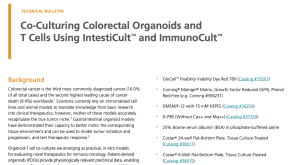 技术窍门Co-Culturing Colorectal Organoids and T Cells using IntestiCult™ and ImmunoCult™
技术窍门Co-Culturing Colorectal Organoids and T Cells using IntestiCult™ and ImmunoCult™产品类型:
Cell Culture Media and Supplements
细胞类型:
T 细胞,肠道细胞
产品号#:
产品名:
-
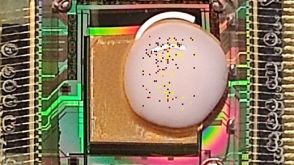 协议Measuring Neuronal Activity in Human Pluripotent Stem Cell-Derived Cerebral Organoids on 3D High-Density Multi-Electrode Arrays
协议Measuring Neuronal Activity in Human Pluripotent Stem Cell-Derived Cerebral Organoids on 3D High-Density Multi-Electrode Arrays产品类型:
Cell Culture Media and Supplements
研究方向:
神经科学,类器官,药物发现和毒理检测
产品号#:
产品名:
-
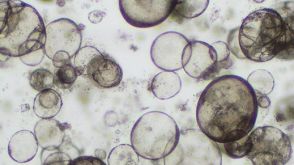 协议Forskolin-Induced Swelling of Airway Organoids Derived from Healthy and Cystic Fibrosis Donors
协议Forskolin-Induced Swelling of Airway Organoids Derived from Healthy and Cystic Fibrosis Donors产品类型:
Cell Culture Media and Supplements
研究方向:
呼吸系统研究
产品号#:
产品名:
-
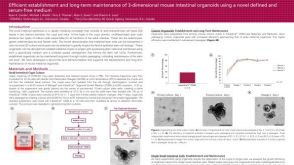 Efficient Establishment and Long-Term Maintenance of 3-Dimensional Mouse Intestinal Organoids Using a Novel Defined and Serum-Free Medium
Efficient Establishment and Long-Term Maintenance of 3-Dimensional Mouse Intestinal Organoids Using a Novel Defined and Serum-Free Medium产品类型:
Conference:
EMBL 2015
产品号#:
06005
产品名:
IntestiCult™ 肠道类器官生长培养基 (小鼠)
-
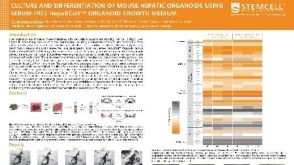 科学海报Culture and Differentiation of Mouse Hepatic Organoids Using Serum-free HepatiCult™ Organoid Growth Medium
科学海报Culture and Differentiation of Mouse Hepatic Organoids Using Serum-free HepatiCult™ Organoid Growth Medium产品类型:
Cell Culture Media and Supplements
产品号#:
06030
06040
产品名:
HepatiCult™ 类器官生长培养基 (小鼠)
PancreaCult™ 类器官生长培养基 (小鼠)

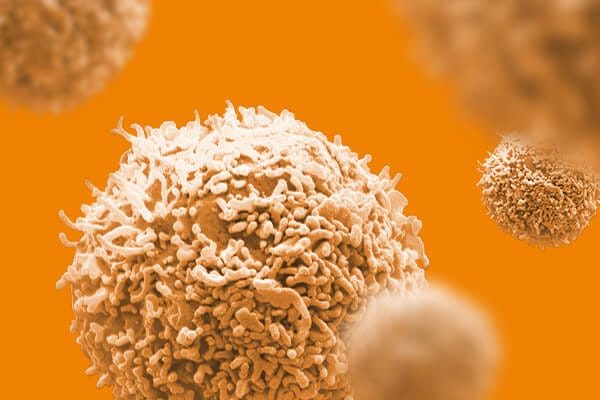
 EasySep™小鼠TIL(CD45)正选试剂盒
EasySep™小鼠TIL(CD45)正选试剂盒
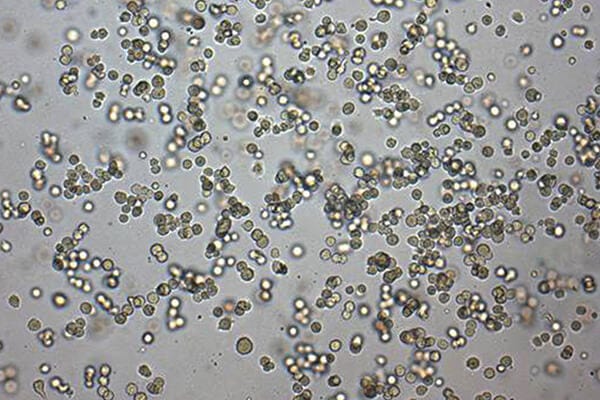
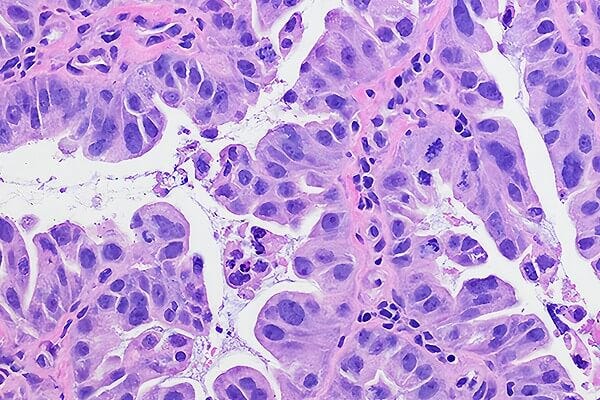


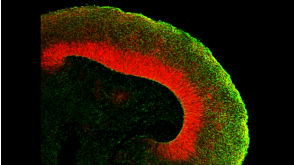

 沪公网安备31010102008431号
沪公网安备31010102008431号